HOW COULD NICOTINE HAVE HEALTH BENEFITS?
Nicotine, a chemical compound most associated with tobacco in its many forms, has some surprising health benefits that most people have not ever heard of.
Linda Longobardi, a friend of mine, brought this to my attention last year, and truth be told, I scoffed at the notion that nicotine had any health benefits. Well, as it turns out, I was wrong.
The Medical Underground is always open to new ideas in medicine, nutrition, and new alternative treatments. Let’s take a deep dive into nicotine and see what the story really is.
Right at the get-go, let me clear up one thing, I am not talking about getting nicotine via smoking or other tobacco products, that clearly is incredibly harmful to your health. SMOKING IS HORRIFIC FOR YOUR HEALTH. DO NOT BE FOOLED BY THINKING VAPING TOBACCO IS SOMEHOW NOT HARMFUL. Look at the following diagram demonstrating all the horrors of vaping:’
The chemical nicotine is a complex chemical occurring naturally in some plants and has potential health benefits when used properly.
The tobacco plant, which is a member of the nightshade family, along with potatoes, eggplant, tomatoes, bell peppers and chili peppers. All those plants produce some nicotine, but in parts per billion, primarily as a deterrent to grazing animals and voracious insects that might try to eat their leaves.
Nicotine gives a very bitter taste to the leaves of plants that make it. Hence, nicotine and related chemicals known as the neonicotinoids have been widely used as natural insecticides and are quite effective.
SKIP THIS SECTION IF YOU DON’T LIKE SCIENCE:
HOW NICOTINE REALLY WORKS ON YOUR BRAIN AND WHY IT IS SO ADDICTING?
Nicotine works by binding only to one kind of receptors; they are called Nicotinic Acetylcholine (ACTH) receptors. There are three subtypes of these receptors in different parts of the brain, stimulation of each area has a distinct effect.
Nicotine can be taken in various ways. The most common is to smoke it, less popular ways are to chew or snuff it. Snuffing was very popular in the 18th century. So much so, that it influenced the naming of an area on the surface of the human body.
When you cock up your thumb, you will see a natural depression in the area next to the wrist at the base of the thumb. In centuries past, when they snorted snuff they did so by filling this depression, which hence was named the “anatomical snuffbox”. I am such a geek, I love that stuff, however, once again I digress.
Depending on the mode of ingestion, nicotine will enter your blood and ultimately cross the blood brain barrier (the door to the brain), in between 2 and 15 minutes. Two if smoked, ten to fifteen minutes if snuffed, chewed, or via nicotine pouches inserted in the mouth between the teeth and the inner cheeks of the mouth.
For comparison, marijuana takes between two and ten minutes to exert its effects, with smoking being the fastest and ingestion the slowest.
The primary effect of stimulation of nicotinic receptors is the release of dopamine. Those receptors lie in both the brain and in the rest of the body as well. In the brain, besides dopamine, there is some adrenaline, serotonin, and norepinephrine. All neurotransmitters that make us feel good.
In the brain, nicotine primarily works upon receptors in an area known as Mesolimbic Reward Pathway. Cool name for a pathway that has such powerful effects upon our brains.
Nicotine stimulates nicotinic receptors in this pathway, and this causes them to release lots of dopamine. Dopamine is the reward or prize the brain likes to give you for stimulating it!
Think about that, you smoke some tobacco or snuff it or chew it and within a few minutes your brain screams thanks and makes you feel good.
Even though it has no relation to the slang term dope, I always thought it was a good way to remember why dopamine causes addictive behaviors like smoking.
Nicotine works to increase dopamine by two interesting ways. One, as I just described, it increases the release of dopamine in the brain.
Nicotine also lowers the activity of the inhibitory neurotransmitter GABA (gamma amino butyric acid). Interestingly, GABA breaks down released dopamine, limiting its effects. That is why it is called an inhibitory neurotransmitter, whereas dopamine is an excitatory neurotransmitter.
So, on one hand you are increasing the release of dopamine, on the other hand you are slowing its destruction or break down, prolonging its activity. Very cool stuff.
What does all of that mean, simple, nicotine causes the brain to reward its use, reinforcing the behavior, in this case smoking, with a flood of addicting dopamine.
Nicotine decreases negative feelings and increases positive emotions, improving mood and motivation. That my friends, is WHY IT IS SO DAMN ADDICTING!
For those reasons, dopamine is nicknamed “The Molecule of More”, meaning when whatever you are doing causes dopamine to be released, your brain immediately tries to reinforce that behavior by sending you a very strong message: “I WANT MORE”. When the brain does not get the nicotine, it is now biochemically screaming, these are cravings.
There is a great book exploring the far-reaching effects of dopamine on humans, named “The Molecule of More”, if you are interested in dopamine, you have to read this book, it is fascinating. It not only delves into the far-reaching effects of dopamine on our behaviors, but also showed how so much of what man has done historically is driven by the release of dopamine in our brains.
OKAY, LET’S GET BACK TO THIS FASCINATING NICOTINE STUFF
NICOTINE FOR COGNITIVE FUNCTION, LEARNING, AND MEMORY ENHANCEMENT
Nicotine has always been known as an enhancer of attention, helping focus, learning and even memory. How nicotine does this is by its effect on the ACTH (acetylcholine) receptors in the brain. Once nicotine attaches to those receptors it stimulates the release of the neurotransmitter’s dopamine, serotonin, and norepinephrine. It is no coincidence that all those same neurotransmitters help improve your cognition (thinking).
As it turns out, stimulation of all nicotinic receptors has a stimulatory effect on the area of the brain involved. In this case, helping problem solving, learning, cognition, and memory. All good things, with no downside to any of them! Those are all things that would benefit anyone.
KINKY FACT/NERD FOOD: People who use tobacco type 15% faster than non-tobacco users! By the way, in no way, shape, or form am I recommending smoking, I just wanted to mention that kinky fact. What may have great clinical usefulness is using nicotine, not tobacco, with the caveat that it is still very addictive and before long you most likely will find yourself increasing your dose.
NICOTINE FOR ADD, ADHD: ATTENTION AND MENTAL FOCUS
Nicotine via the same neurotransmitters helps to improve both attention and focus. Hence, its usefulness in treating ADD (attention deficit disorder) and ADHD (ADD with hyperactivity). In those patients it works to better focus their attention which results in less of the crazy impulsiveness most of those patients suffer with. Nicotine stimulates the brain and helps ADD and ADHD patients focus better, much like the paradoxical effect of caffeine for the same patients.
NICOTINE FOR IMPROVED MEMORY
In addition to its effects on attention, nicotine has also been shown to enhance memory retention. Studies on both animals and humans have indicated that nicotine can improve working memory, which is the ability to hold and manipulate information over short periods.
This has important implications for age-related cognitive decline and conditions such as Alzheimer's disease, where memory impairment is a primary symptom. I will utilize any tool I can find to help short term memory in my Alzheimer’s patients. I look at it as just another arrow in my quiver.
NICOTINE FOR BRAIN AND NEUROLOGICAL HEALTH
There is a virtual epidemic of neurological problems in the American population, exacerbated by a variety of factors from nutritionally empty foods, microplastic deposition in the brain and nervous system, toxin exposures, fat depleted diets thus lacking the fat-soluble vitamins (A,D,E and K), lack of sunlight, and MRNA vaccines for COVID-19.
Beyond its cognitive benefits, nicotine has shown promise in the context of neurological health. Emerging research suggests that nicotine may have protective effects against certain neurodegenerative diseases, such as Parkinson's and Alzheimer's disease.
NICOTINE FOR PARKINSON’S DISEASE
Parkinson's disease is characterized by the degeneration of dopamine-producing neurons in the brain, leading to motor impairment and other symptoms. Nicotine's ability to modulate dopamine levels has led researchers to investigate its potential as a therapeutic agent for Parkinson's disease. Some studies have found that nicotine can alleviate certain symptoms of Parkinson's and may even have neuroprotective effects that slow the progression of the disease.
The mechanism for the action of nicotine on the human brain in Parkinson’s disease is not known, however the speculation among physicians is that it works by stimulating the ACTH receptors in the brain. For a long time, astute physicians have noted an inverse relationship between tobacco use and Parkinson’s disease. Meaning, Parkinson’s patients who smoked did better than those who did not! I find that particularly perplexing because one would think that the diminished levels of oxygen from smoking would have a deleterious effect on the brain.
Interestingly, Michael J. Fox who has Parkinson’s disease has started his own foundation to study various treatments. Their study did not demonstrate any benefit, whereas others did. Hence, the jury is still out on whether nicotine will help Parkinson’s patients.
Personally, if I had Parkinson’s disease I would try to see if nicotine helps, but I would not smoke it but rather take it orally in a pill, pouch, or capsule, to avoid the many horrendous effects of smoking tobacco, including the high carcinogen (cancer causing) chemicals present in tobacco.
Alzheimer's Disease
Similarly, nicotine's impact on cognitive function has made it a subject of interest in Alzheimer's disease research. While more studies are needed, some evidence suggests that nicotine may help to mitigate cognitive decline in Alzheimer's patients. Once again, the exact mechanism has not been elucidated, but my guess would be by its stimulation of memory via the various neurotransmitters released by nicotine’s effect on its brain receptors.
NICOTINE FOR MENTAL WELL BEING AND MOOD
Nicotine's effects on mental health are complex and multifaceted. While it is well-known that nicotine can be addictive and contribute to mental health issues especially in the context of tobacco use, there is also evidence to suggest that nicotine, when used not by smoking or using tobacco products, can have positive effects on mental well-being. That means taking in nicotine via gummies, Nicorette patches, oral pouches, and gum.
NICOTINE FOR ANXIETY AND DEPRESSION
Nicotine's interaction with the brain's reward system can lead to temporary mood enhancement, which may explain why some individuals with depression or anxiety turn to nicotine use.
In almost every war movie, there is a scene showing a soldier shook up by what just happened to him, trying to smoke a cigarette with trembling hands to calm his frazzled nerves. There is a reason they depict this so often, IT IS WHAT SOLDIERS DID DO TO CALM THEIR FRAZZLED NERVES, and it makes perfect sense in light of recent findings showing nicotine having just such effects upon our brains.
Research has shown that nicotine can increase the levels of dopamine and serotonin, neurotransmitters that play a key role in regulating mood. This has led to investigations into the potential therapeutic use of nicotine for mood disorders, although this remains a contentious area of study.
NICOTINE FOR PAIN MANAGEMENT
Another area where nicotine has shown potential benefits is in pain management. Nicotine's interaction with the central nervous system can lead to analgesic effects, making it a subject of interest in the treatment of certain types of pain.
Pain, medically, is usually divided into two categories, acute (short term) and chronic (long term). Let’s take a look at both. Acute Pain
In addition to chronic pain, nicotine has also been studied for its potential effects on acute pain. Some studies have found that nicotine can reduce the perception of pain in acute settings, such as post-surgical pain, making it a potential adjunct to traditional pain relief methods.
Chronic Pain
Chronic pain conditions, such as neuropathic pain and fibromyalgia, can be difficult to manage with conventional painkillers. Some research suggests that nicotine may offer relief for certain chronic pain conditions by modulating pain pathways in the brain and spinal cord.
However, the use of nicotine for pain management is still an emerging field, and more research is needed to fully understand its efficacy and safety. Nicotine may prove to have a place in our treatment armamentarium, most likely in combination with other analgesics (pain killers) and nutrients.
HOW THE MEDICAL UNDERGROUND SUGGESTS USING NICOTINE
The first thing I have to say is that no matter what form you decide to take your nicotine, be aware IT IS ADDICTING IN ANY FORM. That being said, if you still feel you would benefit more from taking it than any addiction issues, then here are your options.
The Medical Underground teaches you all about a subject and only advises you as to your options. My job is not to brow beat you. However, that being said I have to say:
SMOKING TOBACCO TO GET NICOTINE IS A VERY STUPID IDEA, AND SHOULD NEVER BE DONE, DUE TO THE MANY HARMFUL EFFECTS OF SMOKING TOBACCO THAT ARE WELL KNOWN. YOU HAVE MANY OTHER OPTIONS TO GET NICOTINE, ONLY A COMPLETE IDIOT WOULC CHOOSE SMOKNG AS A METHOD TO GET NICOTINE. HOWEVER, KEEPING IN MIND THAT USING NICOTINE IN ANY FORM IS VERY ADDICTING.
Tobacco is dangerous for all the harmful chemicals it contains. I believe it also harbors many “plant viruses’”, that are potentially harmful for humans and cancer causing, such as tobacco mosaic viruses. So far, scientists have deemed those viruses harmless for humans, however, we have all heard that song and dance before!
Nicotine has many benefits but is no panacea by any means. Here are some potential side effects of using nicotine.
OPTIONS FOR TAKING NICOTINE
Nicotine can be obtained by lozenges, patches, and gum. You could also get your nicotine from snuffing tobacco, or chewing it, but that is NOT a good way to take it.
As is readily evident from the above chart, there are many options for getting nicotine into your body. The top row are all the stupid choices, the bottom row is preferable, with pouches probably being one of the better choices along with gum.
Snuffing and dipping seem gross to me, but who cares what I think, LOL.
NICOTINE POUCHES
One popular way is to place flavored pouches containing nicotine between your cheek and tongue, where it slowly releases a steady supply of nicotine. One very popular brand is ZNZE.
You should be careful about irritation of your gums and oral mucosa by using it in the same place in your mouth, you should rotate pouch placement.
As you can see, it is advertised as a nootropic, meaning helping mental clarity, concentration, and focus. A few months ago, I wrote an article on Nootropics, go back in the Medical Underground archives to find it.
Dr. Andrew Huberman has lots of short films on YouTube about nicotine and its possible benefits. He is a fascinating, wildly popular neuroscientist and podcaster with great insights into many subjects. He remarked how he has noticed many patients start using pouches like Znze a couple times a day and after a short time, dramatically increase the number of pouches daily, presumably due to the addictive effects of nicotine. Once again, I know I am beating a dead horse here, but I want to repeatedly emphasize that yes nicotine may have many benefits, BUT THE COST IS ADDICTION.
Nicotine Pouches are not without their own side effects, here is a good chart describing those in detail:
NICOTINE CONTENT VARIES DEPENDING ON THE FORM
The quantity of nicotine in various nicotine products varies widely, with some like pouches delivering a very hefty dose. Here is a wonderful table comparing the nicotine content in different products:
NICOTINE GUM
There are many products available that contain nicotine in gum form. This is also a very popular way to get your nicotine, especially if you are using it for short term mental stimulation or for Parkinson’s disease or other neurodegenerative diseases.
NICOTINE WITHDRAWAL SYMPTOMS
If you are intent on using nicotine for any reason, you should be aware of the symptoms of nicotine addiction and withdrawal.
Like most addictions, when you are craving whatever, the substance might be, you become agitated, easily angered, and very short tempered, until your brain can get what it is screaming for, in this case nicotine.
Here is a good summary of the symptoms of nicotine withdrawal so you can better understand it.
Well, that concludes another exciting episode of the Medical Underground. Hopefully, you will now better understand the possible medicinal uses of nicotine, and the inherent risks in its use. My job is to educate you on the subject at hand, so you can be empowered to make well informed decisions about your health.
My role is not to brow beat you into doing this or that, but rather to educate and guide you. Hopefully, I did that in this week’s article on nicotine. Once again, its benefits are real, but only you can decide if the risk/benefit ratio is worth it in your individual case.
IF YOU ARE NOT A MEMBER OF THE MEDICAL UNDERGROUND THEN YOU HAVE TO STEP UP YOUR GAME AND HIT THAT SUBSCRIBE BUTTON. IF YOU ARE CURRENLTY A FREE SUBSCRIBER, STOP YOUR FREE LOADING, AND SHOW YOUR APPRECIATION FOR ALL THE WORK I PUT INTO RESEARCHING AND WRITING THESE ARTICLES FOR YOU EVERY WEEK, BY BECOMING A PAID SUBSCRIBER. IT ONLY COSTS LESS THAN 6 DOLLARS A MONTH TO GET ALL THIS WONDERFUL POTENTIALLY LIFE CHANGING CUTTING-EDGE CONTENT!
WE HAVE TO SUPPORT THE THINGS THAT HELP TO IMPROVE OUR LIVES. A FEW BUCKS A MONTH WILL NOT CHANGE YOUR LIFESTYLE, BUT WILL GUARANTEE I CAN CONTINUE TO PROVIDE YOU THIS CONTENT, AS WELL AS GIVE YOU ACCESS TO THE EXTENSIVE MEDICAL UNDERGROND ARCHIVES, WHICH SHORTLY WILL BE CLOSED TO NON PAID SUBSCRIBERS.
Until we meet again, May God Bless You and Your Family, and The United States of America. And for those of you who worship Jesus Christ, like me, for us always remember, Miracle Shall Follow Miracle and Wonders Shall Never Cease!
This disclaimer provides that such medical information is merely information – not advice.
If users need medical advice, they should consult their doctor or other appropriate medical professional.
***Copyright © 2023-2025 by Dr. Ralph La Guardia, MD
All rights reserved. This article or any portion thereof
may not be reproduced or used in any manner whatsoever
without the express written permission of the publisher
except for the use of brief quotations in an article review.





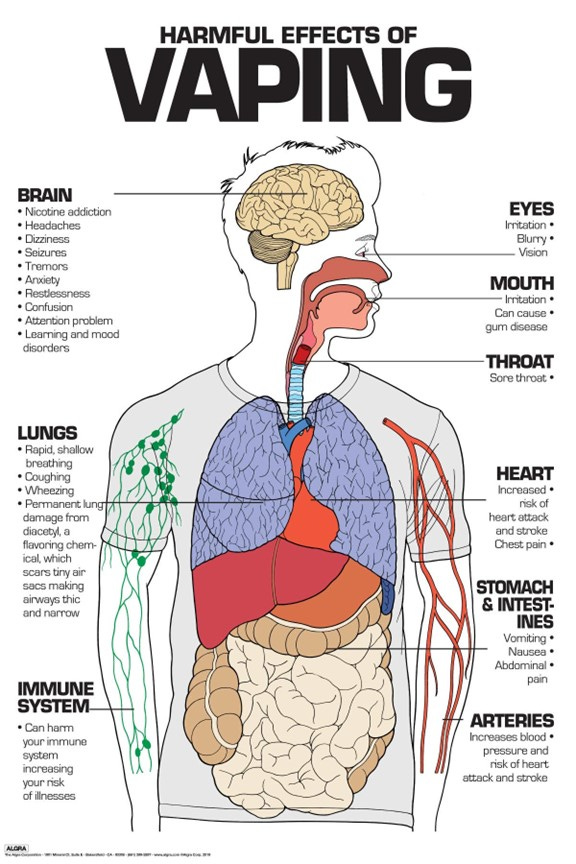

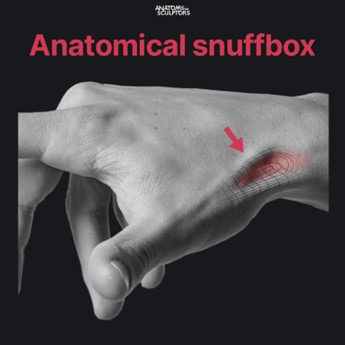
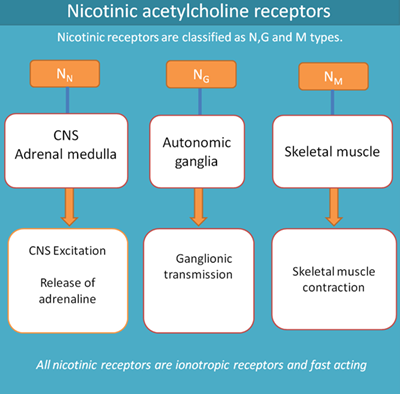

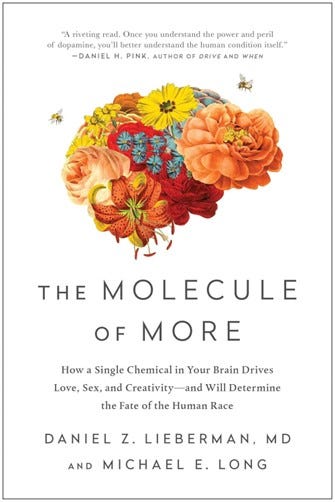

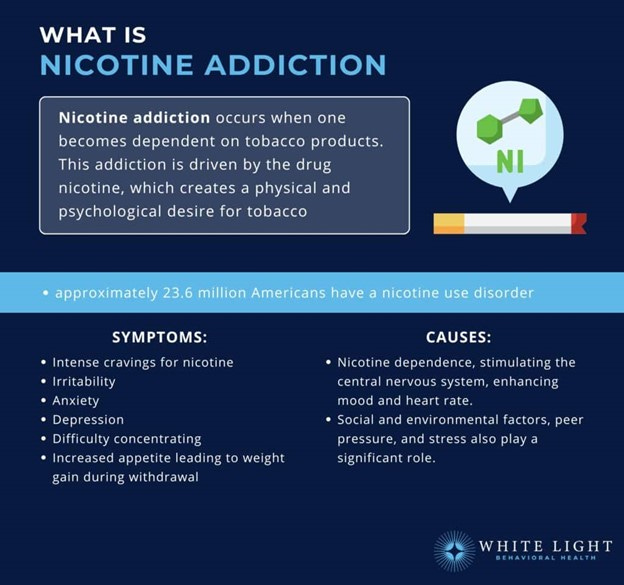


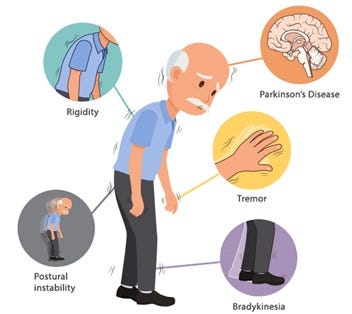




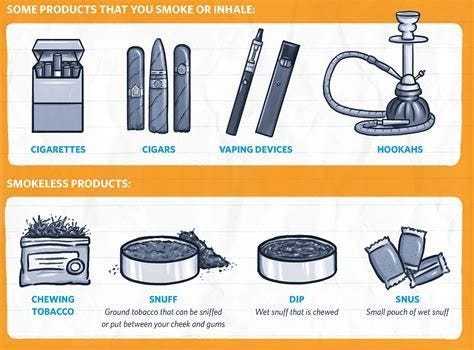


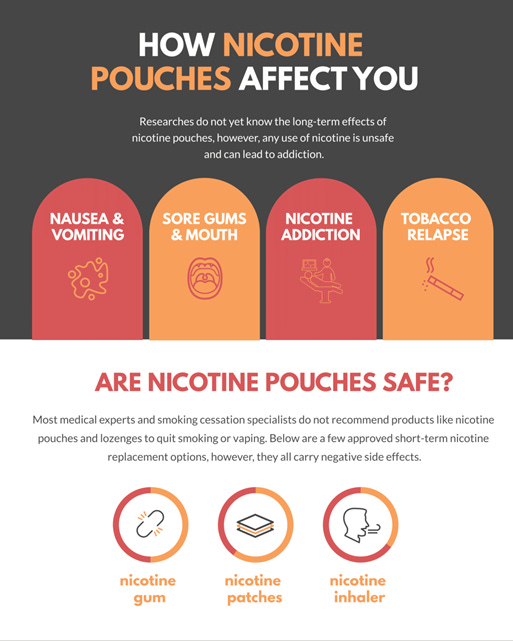
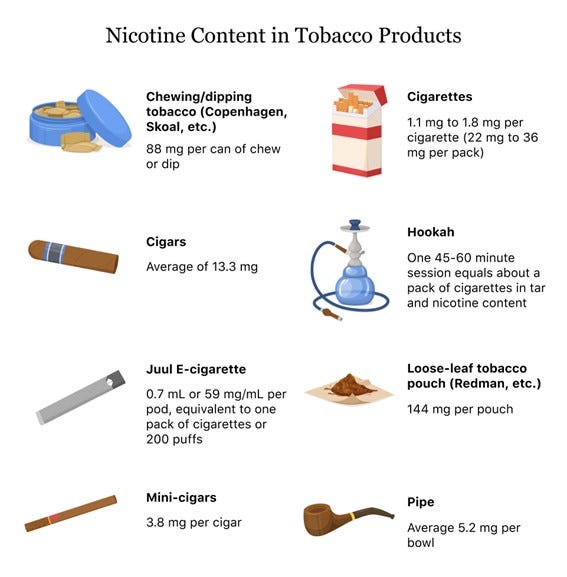
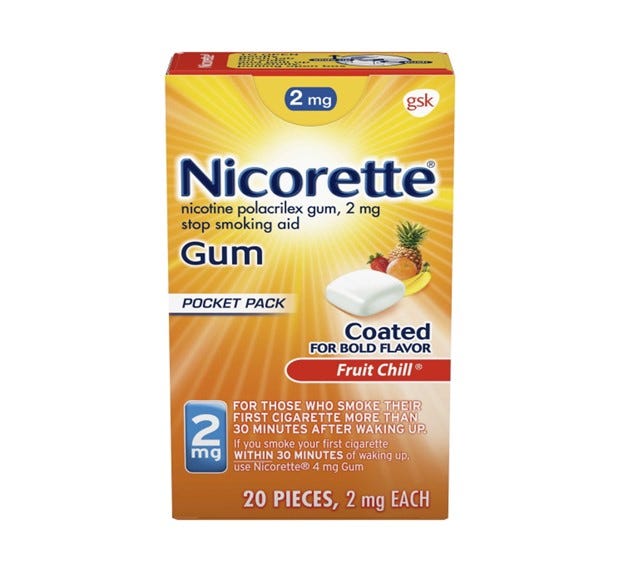


Thanks for your kind words. I am trying to get the word out about The Medical Underground, so lots more people like you can benefit from learning about natural/alternative remedies from someone who has been living it for over 40 years as a doctor. Tell your friends and family who are interested in such things about the Medical Underground, I would appreciate that very much. TX again, Doc
I had to stop reading this by the second time you stated that it’s addicting. Nicotine is NOT addictive and never has been. If it were you’d be craving nightshades constantly. Nicotine is not the active addiction agent in cigarettes. I type this not to be unkind, but to convey truth to all. If you don’t believe me, go chew on a piece of nicotine gum, you will get no buzz and you will not go looking for more. Ask any smoker who gave up smoking, turned to nicotine gum and see what they say. They will all tell you that they never got a buzz from the gum. The real question is why governments all over the world have lied about it and tried to ban it or price it out of existence? Smokers being virtually immune from c19 is a great place to start, and you may find it has far more to do with tech than a so called virus.